Malcolm ZoppiSun Oct 15 2023
Do I Need a Solicitor to Rent a Commercial Property? Key Factors Explained
A solicitor who specializes in commercial property can guide you through legal issues and help you negotiate. Learn more
Do I Need a Solicitor to Rent a Commercial Property? Key Factors Explained
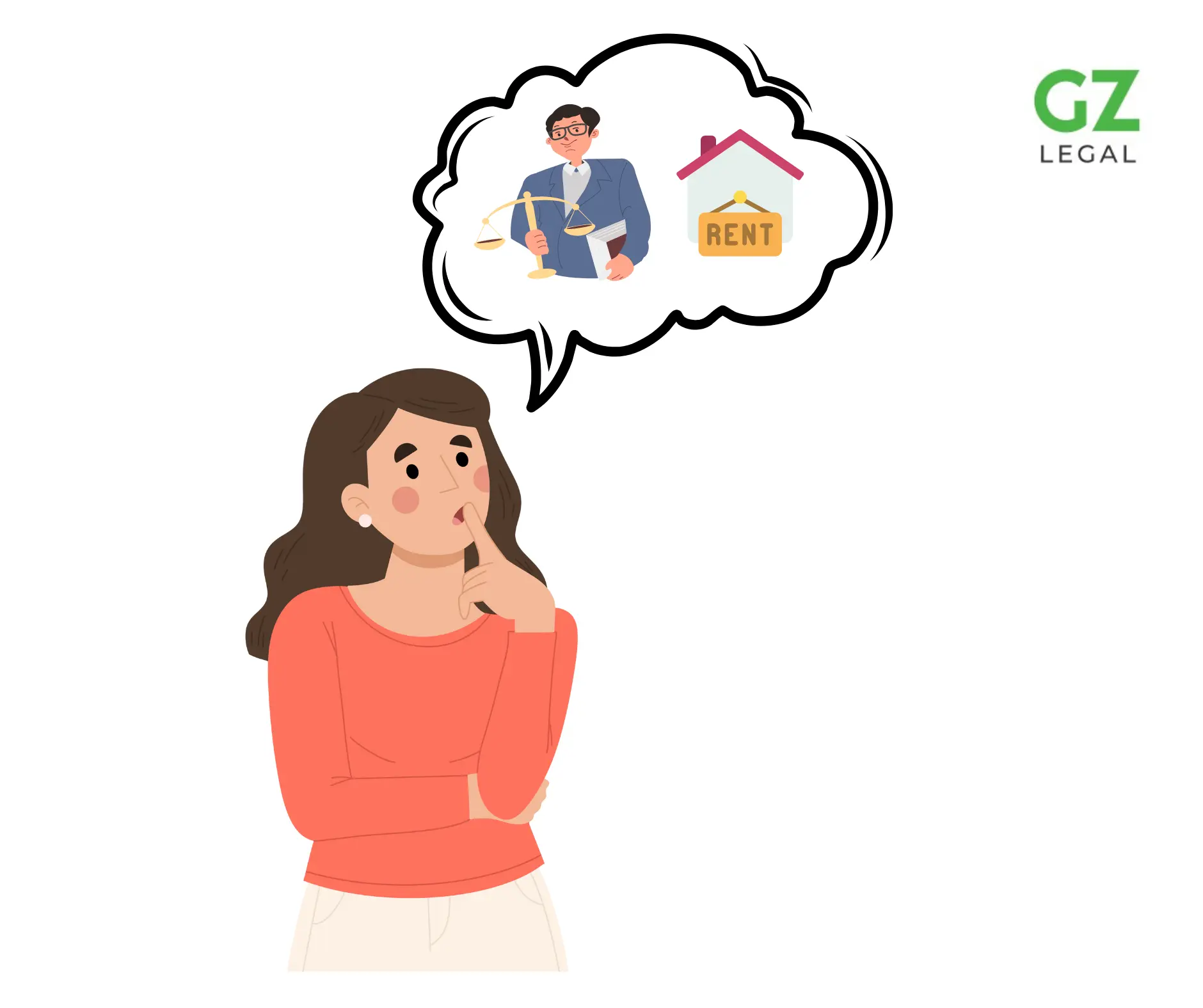
Deciding to rent a commercial property can be a significant step for your business, and it is essential to understand the legalities and responsibilities that come with it. One of the key questions you may have is whether you need a solicitor to help navigate the process. While there is no legal requirement to have a solicitor for a commercial property lease, it is highly advisable to seek legal advice to protect your interests and ensure you understand the terms and conditions of the lease.
Commercial property leases can be complex, involving negotiations on rent, lease terms, maintenance responsibilities, and more. A solicitor who specializes in commercial property can guide you through the minefield of issues and help you negotiate the best possible terms for your business. Additionally, they can provide valuable insights on matters such as insurance, tax, and health and safety concerns related to the commercial property transactions.
Key Takeaways
- Seeking legal advice from a solicitor is advisable but not legally required when renting a commercial property
- Solicitors can help negotiate lease terms, rent, and maintenance responsibilities to protect your interests
- Expert advice on insurance, tax, and health and safety matters can be invaluable in the commercial property leasing process
Understanding Commercial Properties
When considering renting a commercial property, it’s important to have a clear understanding of the different types of properties available and what will best suit your business needs. Whether you are looking for an office space, restaurant, café, or shop, finding the right location and type of property is crucial to your business’s success.
Firstly, identify the type of commercial property you require. Office spaces come in various forms, such as shared offices, serviced offices, or standalone premises. Restaurants, cafés, and shops also have unique requirements like accessibility, kitchen facilities, and visibility to potential customers.
Location is another key factor to consider. Your choice of location should ideally be based on the target audience, accessibility for customers and employees, proximity to competitors, and the presence of complementary businesses nearby. Take time to research the area and visit multiple locations to ensure you make the best decision for your business.
When it comes to renting commercial property, understanding the commercial property for rent market is essential. Familiarise yourself with the rental costs, lease terms, and other associated fees in your desired location. It is also advisable to be aware of any legal requirements specific to commercial property legal advice or to your business, such as health and safety regulations or licence requirements.
In summary, finding the right commercial property for your business involves careful consideration of the type of property, location, and rental market. By thoroughly researching your options and assessing your business needs, you can confidently make an informed decision and secure the ideal property for your business.
Types of Commercial Leases
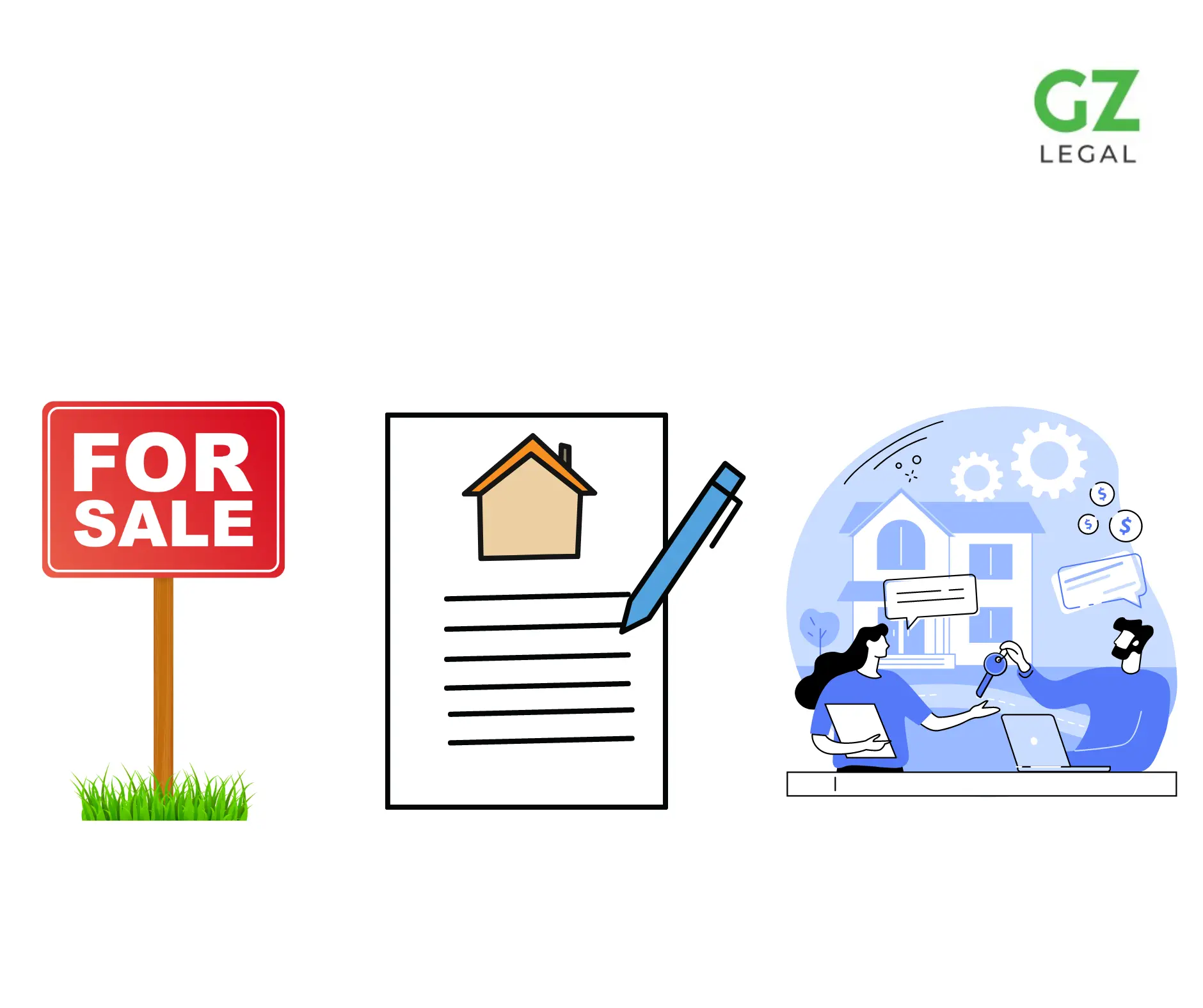
When considering entering into a commercial lease agreement as a business owner, it is essential to be aware of the different types of commercial leases available to you. These leases vary in terms of responsibility and cost-sharing between landlords and tenants. Understanding the differences can help you make the most suitable choice for your business needs.
One common type of commercial lease expires you may encounter is a net lease. In a net lease, you, as the commercial tenant, pay all or some of the costs associated with the commercial premises in addition to your rent. These can include taxes, utility bills, and maintenance costs. Net leases come in three main types:
- Single Net Lease: In this lease type, you, as the tenant, are responsible for paying the property taxes on the leased commercial property alongside the rent.
- Double Net Lease: Here, you take on the responsibility of paying both the property taxes and the insurance costs for the leased property, in addition to your rent.
- Triple Net Lease: As a tenant under a triple net lease, you are responsible for paying all property taxes, insurance costs, and maintenance expenses, along with your rent. This lease type is the most popular among landlords as it reduces their financial responsibilities.
When choosing a suitable commercial lease, be sure to weigh up the benefits and responsibilities associated with each type. It is highly recommended to engage the services of a solicitor to help you navigate the process. They can provide expert advice, help you avoid potential pitfalls, and ensure that your interests as either a landlord or a tenant are adequately protected throughout the lease process.
Legalities and Responsibilities
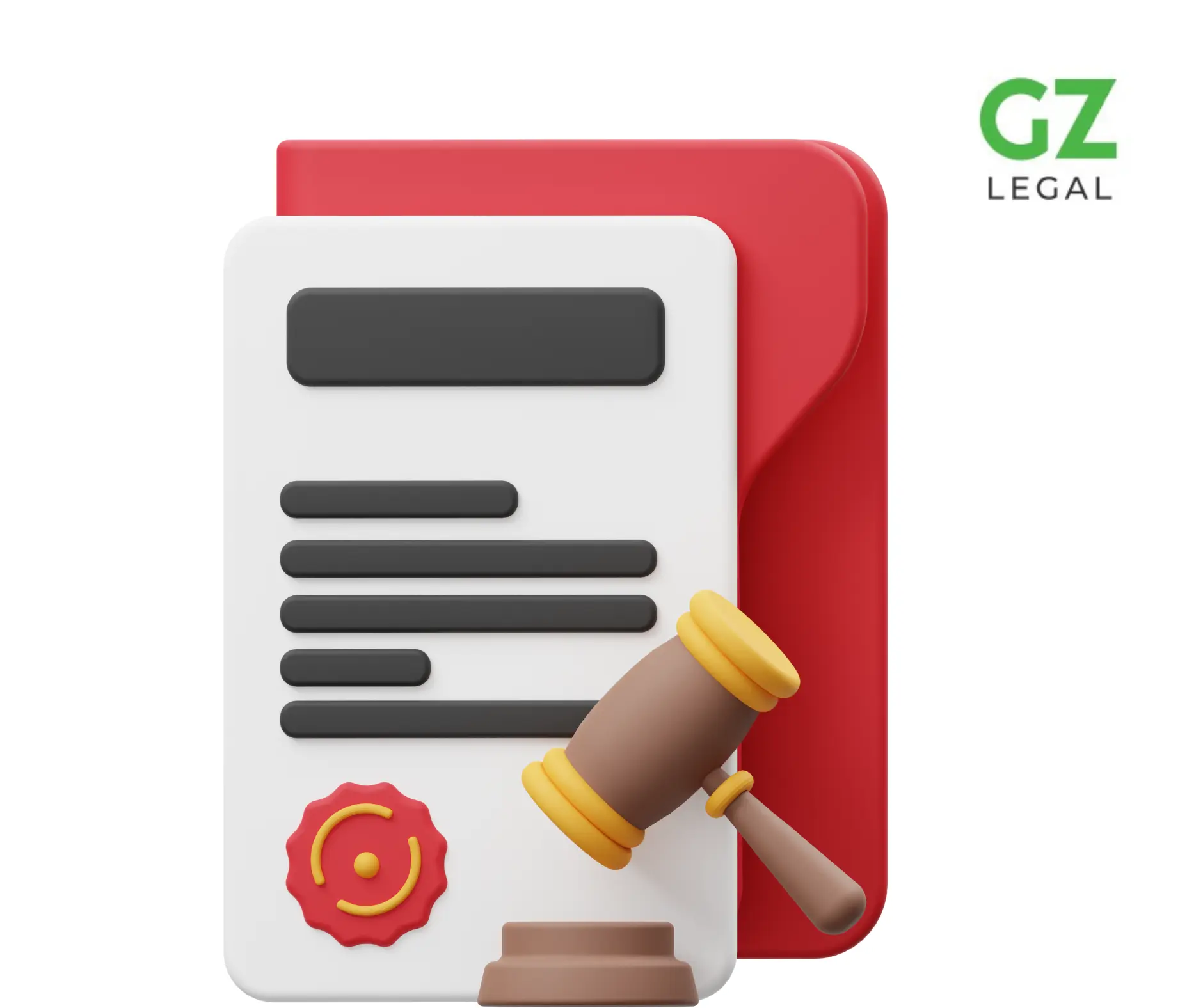
When renting a commercial property, it’s important to understand the legalities and responsibilities involved. A solicitor’s advice can be helpful in this process, but it’s also useful for you to have a basic understanding of the key elements.
The Landlord and Tenant Act 1954 governs commercial property leases in the UK and provides some protections for tenants. One important aspect is the security of tenure, which gives you the right to continue occupying the property after the lease expires, subject to certain conditions.
Before signing any contract, you should familiarise yourself with the lease terms, especially the rent review clauses. Rent review clauses determine when and how the rent will be reviewed, usually every few years. It’s crucial to ensure that the rent review process is clear and reasonable.
In a commercial lease, both landlords and tenants have specific responsibilities. As a tenant, you’re typically responsible for maintaining the interior of the property, paying rent and other charges, and ensuring compliance with health and safety regulations. The landlord, on the other hand, is usually responsible for maintaining the exterior and structure of the property, as well as ensuring that common areas are safe and secure.
Your lease should also clearly outline the notice requirements for both parties. This includes how much notice the landlord must give you if they’d like to end the lease, as well as the notice you must provide if you wish to vacate the property. Make sure that these clauses are in line with the Landlord and Tenant Act 1954.
When leasing a commercial property, you might be required to pay a deposit. This deposit is usually held by the landlord or a third party and can be used to cover unpaid rent, damages or breaches of the lease. Be sure to understand the circumstances under which the deposit can be withheld and the process for its return.
A plan of the property should be included in your lease agreement, outlining the exact area you’re allowed to use, as well as any shared spaces. This is crucial to prevent future disputes or misunderstandings.
Lastly, while engaging a solicitor isn’t a legal requirement, it’s highly advisable to consult with one when entering into a commercial property lease. They can help you understand the lease terms, ensure that the contract is fair, and negotiate any clauses that may be disadvantageous.
By being aware of the key legalities and responsibilities involved in renting a commercial property, you’re in a better position to protect your interests and avoid potential issues down the line.
Rent Considerations and Negotiations
When you’re looking to rent a commercial property, there are several factors you must consider, especially regarding rent and associated costs. It’s crucial to understand the different types of rent and how to negotiate with your landlord in order to secure a fair agreement.
Firstly, you should research the local market rent for commercial properties similar to the premises you’re interested in. This will help you determine a reasonable rent payment you can expect. Keep in mind that apart from rent, you also need to account for business rates, which are taxes paid on non-domestic properties. You’ll need to ensure the total cost of renting, inclusive of business rates, is financially viable for your business.
During negotiations, it can be advantageous to ask for certain incentives from your landlord. One popular incentive is a rent-free period at the start of the new lease together, allowing you to settle into the new premises without the immediate financial burden. This can be particularly useful if you need to spend money on fitting out the property to suit your business needs.
When it comes to rent reviews, it’s important to establish clear terms concerning how they will be conducted, as well as the frequency of these occurrences. Rent reviews can either result in an increase or a decrease based on market rent at the time of the rent review provisions done. Keep in mind that a lease renewal may trigger a rent review, so you should be prepared to negotiate with your landlord if you plan on staying in the same premises.
To protect your interests as a tenant, it’s strongly recommended to seek advice from a solicitor who specialises in commercial property. While not mandatory, a commercial property solicitor can help you understand the nuances of your lease, such as freehold arrangements and conditions, which ultimately ensures that you are well-informed and protected throughout the renting process.
Remember that landlords typically have legal representation, so it’s in your best interest to obtain professional support from a solicitor. A knowledgeable and clear-headed solicitor can provide the necessary guidance to help you secure a favourable lease agreement that aligns with your business needs.
Maintenance and Repairs
When renting a commercial property, it’s important to be aware of your responsibilities regarding maintenance and repairs. In most cases, commercial property leases are fully repairing and insuring (FRI) leases, which means you, as the tenant, are responsible for the repair, maintenance, and insurance of the property.
Before signing the lease, thoroughly inspect the property and take note of any existing issues. Understanding the condition of the property at the lease paying outset will help clarify your maintenance and repair obligations. If there are any significant repairs required, it may be worth negotiating with the landlord to have these addressed before you take on the lease.
As a tenant, maintenance of the property may involve various responsibilities, such as regular servicing of heating and ventilation systems, ensuring electrical systems and wiring are in good condition, and attending to general wear and tear. It’s essential to budget for these ongoing maintenance costs as part of your overall business expenses.
Should you encounter a problem with the property that requires repair, it’s crucial to address it promptly to avoid further damage and escalating costs. If the lease allows it, consider including a break clause to provide flexibility and the ability to renegotiate or terminate the lease if unexpected repair and maintenance costs arise.
In some cases, it may be necessary to involve a solicitor when renting a commercial property to help navigate the intricacies of the lease and your maintenance and repair responsibilities. By understanding your obligations, you can better plan and budget for the upkeep of the property, ensuring it remains an asset to your business.
Business Premises and Location Factors

When considering renting a commercial property for your own business purposes, it is essential to take into account specific factors that may have an impact on your decision. By addressing these factors, you can make a well-informed choice that suits your business’s needs and aspirations.
The location of your chosen commercial property is paramount, as it will be the cornerstone of your business. Consider the proximity of your business to key services, such as transportation links and parking facilities, as these will be vital for both your staff and customers. Additionally, it is crucial to evaluate neighbouring businesses, as they may either complement or compete with your plans.
The space that your property offers is another essential factor. Ensure that the premises provide enough room to accommodate the different aspects of your operation, including office areas, various storage facilities, and meeting rooms. Keep future growth in mind, as you may require additional space in the short or long term.
The type of commercial property team have to choose is another important factor when renting a commercial property. Your business’s unique requirements, such as retail premises for shops or professional services, should guide your choice for the ideal property, ensuring compatibility between your affairs and the location provided.
Lastly, consider your staff when selecting a commercial property. Proximity to public transport and car parking, the work environment quality, and access to local amenities all play a role in staff satisfaction and retention. By taking these factors into account, your company will be able to ensure a promising work experience for your employees.
By carefully weighing these factors, ultimately, you can make an informed decision when renting a commercial property, ensuring a prosperous future for your business.
Commercial Lease Terms and Conditions
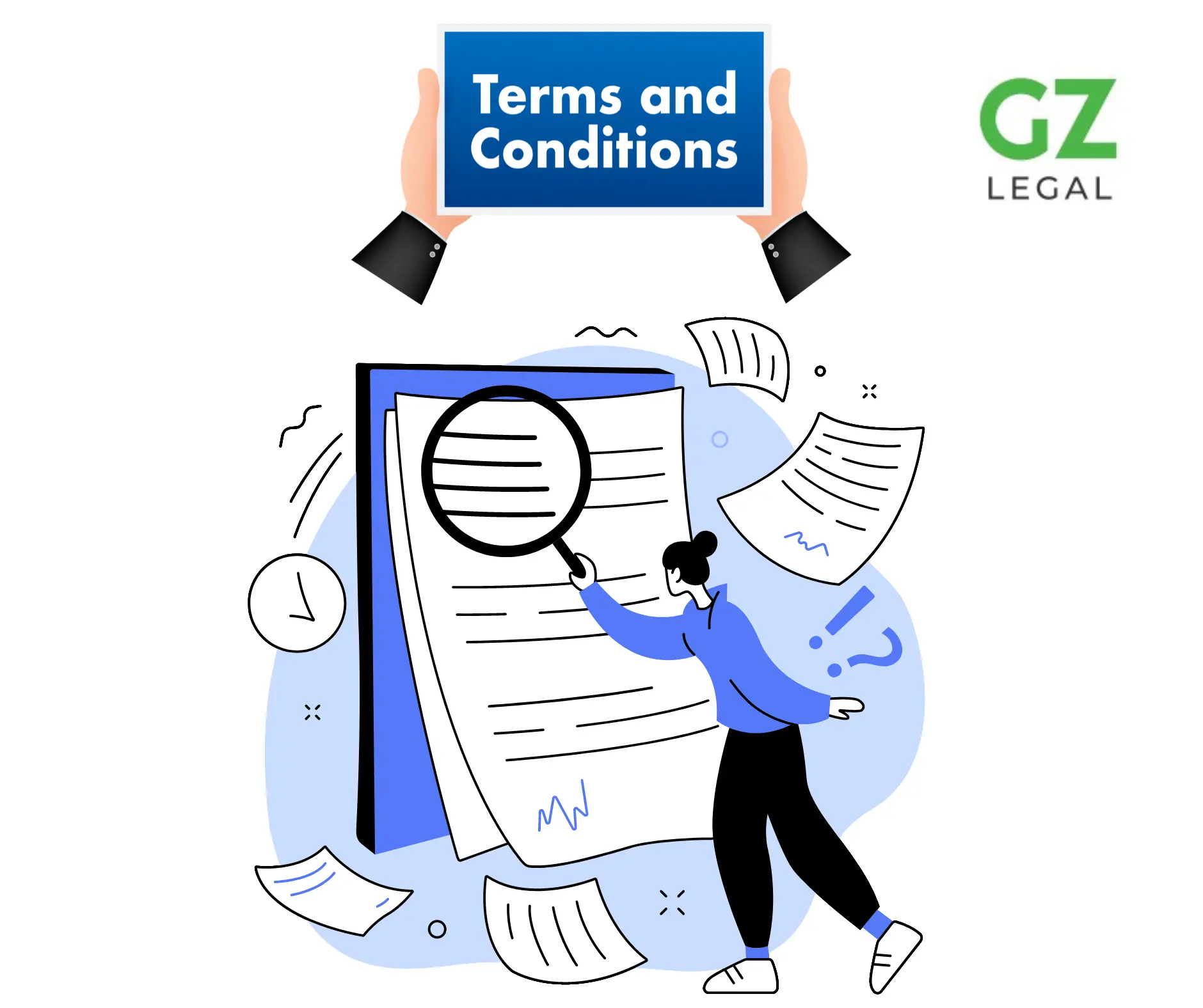
Before entering into a commercial lease agreement, it’s crucial to understand the key terms and conditions that will apply to your business. By familiarising yourself with these aspects, you can ensure a smoother process and reduce potential risks.
In a commercial lease, the term refers to the length of time the lease will last. This contractual term is typically negotiated between you and the landlord and may range from a few months to several years. Consider your business plans and how long you’ll need the property before committing to a lease term.
A crucial element of a commercial lease is the break clause. This allows you, as the tenant, to end the lease early without facing penalties. It can provide flexibility and can be especially useful if your business plans change or if you need to relocate. Make sure to review the break clause terms carefully, as some might require you to meet specific conditions before exercising the option.
Deposits and guarantees are often required to secure a commercial lease. The deposit serves as a safety net for the landlord, covering any damages or unpaid rent during your tenancy. Guarantees or guarantors can offer additional security, ensuring that another party will cover any outstanding obligations if your business cannot. It’s essential to be clear about your deposit and guarantee requirements before signing a lease.
When negotiating a commercial lease agreement, the heads of terms is a document outlining the key points agreed upon by both parties. This could include rent, lease duration, break clauses, and any other relevant aspects of the lease. Though the heads of terms and lease document are usually non-binding, they set the foundation for the legally binding lease contract which must then be drawn up by a solicitor.
One aspect to keep an eye on is the lease renewal terms. They can provide you with the option to renew your lease upon expiry, helping to avoid disruption to your business. However, do note that lease renewals might come with new terms, like a rent increase or updated conditions. Ensure you understand the renewal process and provisions to avoid surprises later.
While it’s possible to navigate commercial lease agreements without a solicitor, engaging one can offer valuable guidance, especially if complex issues arise. They can help draft, review, and negotiate your lease terms, safeguarding your best interests and providing peace of mind during the leasing process.
Insurance, Tax, and Other Charges
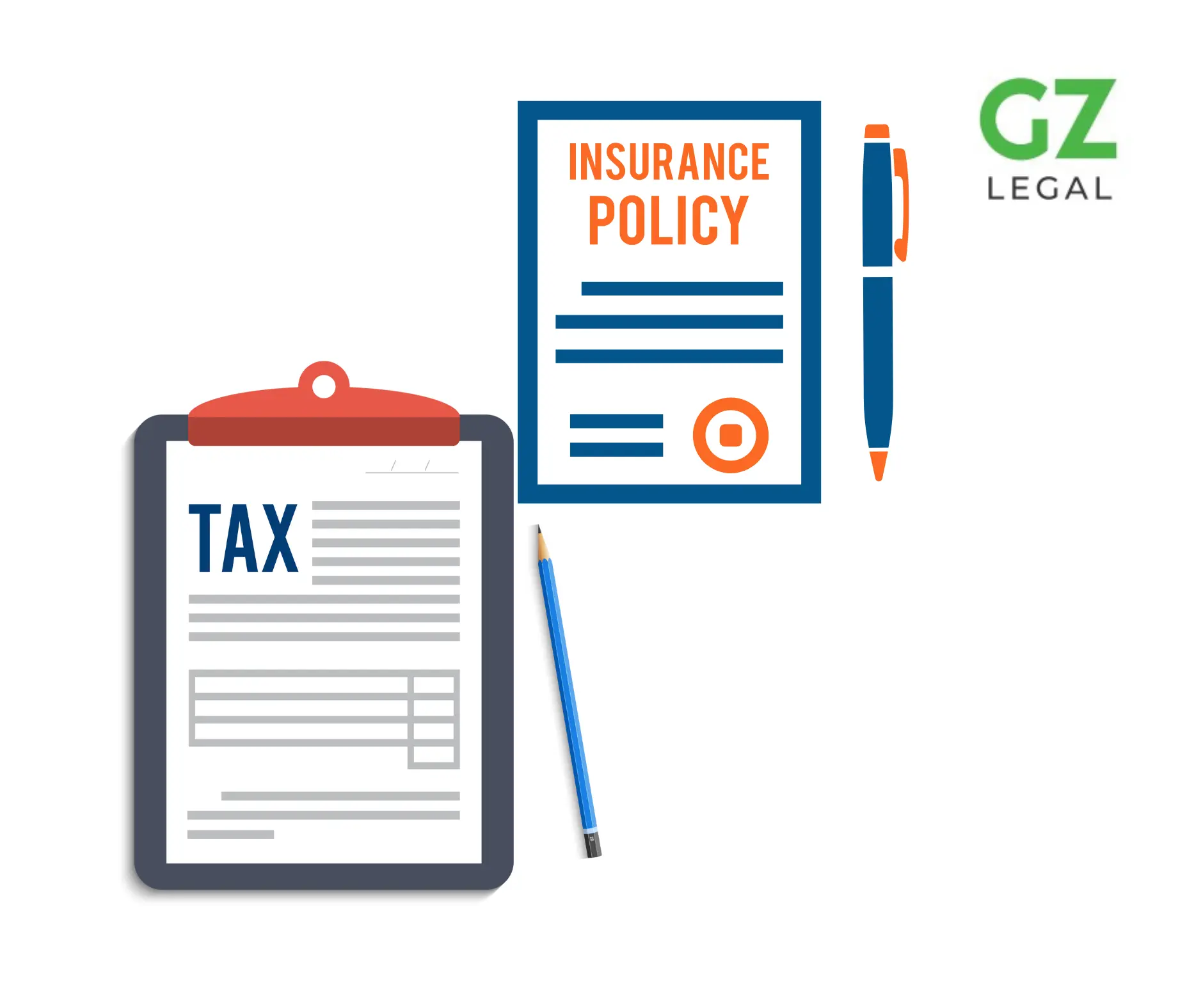
When renting a commercial property, there are several financial aspects that you should be aware of, including insurance, tax, and other charges. It is crucial for you as a tenant to understand these costs, as they can significantly impact your budget.
Insurance: Your landlord is usually responsible for insuring the building itself, but you will need to ensure that the contents of the property are covered. This includes any equipment, machinery, and stock. It is essential to find a suitable insurance policy tailored to your business needs.
Tax: When renting a commercial property, you may be liable for business rates, which is a tax on non-domestic properties. It is important to understand how much you will have to pay and consider this when budgeting for your property rental.
Service charge: In some cases, you might be required to pay a service charge for the maintenance of communal areas, such as car parks, building facilities, and landscaping. These charges vary between properties, so make sure to inquire about any potential service charges when considering a property.
Business rates: As mentioned earlier, business rates are a tax on non-domestic properties. Your local council sets these rates, and they are usually payable by the tenant. Check the government’s guidance on calculating business rates here.
Stamp duty land registry: When you sign a lease for a commercial property, you might have to pay stamp duty land tax (SDLT) if the rent and/or any premium paid exceed a certain threshold. It is important to consider this cost when finalising the terms of your lease. You can find more information on calculating SDLT here.
Utilities: As a tenant, you are usually responsible for paying for utilities such as water, gas, and electricity. Make sure to shop around for the best deals and negotiate with suppliers to keep these costs low.
Service charges: Besides utility charges, there might be additional service charges for services provided by the landlord or property management company. These could include maintenance, cleaning, and security services. Always clarify the terms of your lease agreement to understand your financial obligations.
Being aware of these costs will help you make informed decisions and budget effectively for your commercial property rental.
Role, Need and Importance of a Solicitor
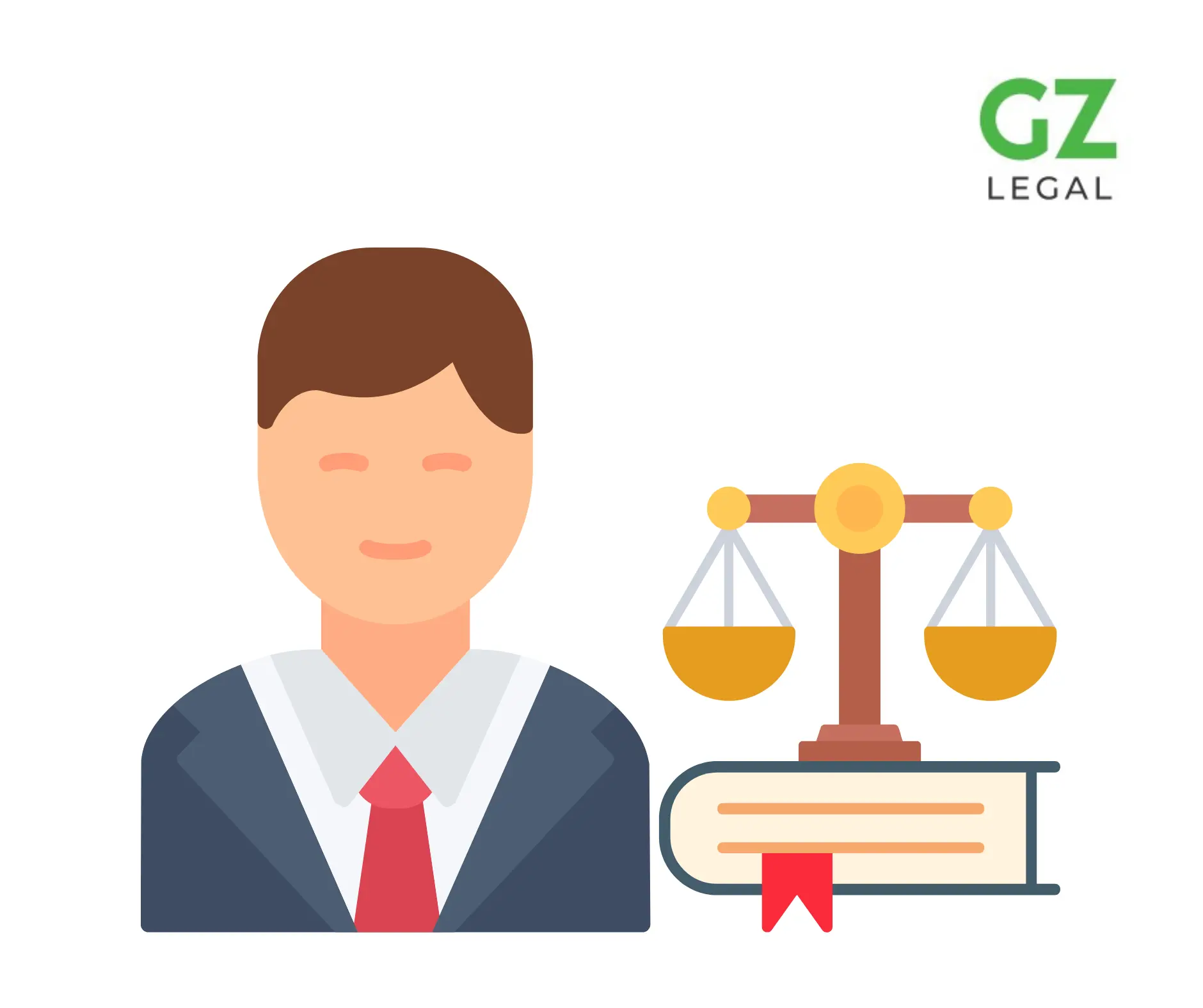
When you decide to rent a commercial property, it’s essential to have a competent solicitor by your side. A solicitor’s role is crucial as they bring their legal expertise and experience to provide much-needed guidance. They can handle disputes, take care of the legal documentation, and help you understand your rights and obligations.
One of the major reasons for involving a solicitor is to ensure that your commercial contract is fair and legally binding. Your solicitor can review the lease terms, identify any potential issues, and negotiate favourable conditions on your behalf. This allows you to enter into a lease with confidence, knowing that your interests are protected.
Having a solicitor on board also ensures that the property you’re leasing has a clear title, and there are no hidden legal issues that might affect your business. They conduct thorough land searches, verify the property’s ownership, and confirm that it complies with planning permissions and regulations.
Solicitors also provide expert legal advice and can help you understand complex commercial property laws. Their in-depth knowledge of the field enables them to keep you informed of your rights and responsibilities as a tenant, as well as guide you through any unforeseen circumstances that could arise during the lease term.
In case a dispute arises between you and the landlord during your first tenancy agreement, your solicitor can act as your legal representative, advocating for your best interests and aiming to resolve the matter amicably. Their expertise in resolving conflicts can save you time, money, and stress.
Ultimately, involving a solicitor in your commercial property lease is a wise decision that can save you from potential pitfalls and legal issues down the line. With their assistance, you can confidently navigate the complexities of commercial property law and ensure a smooth leasing experience.
Conclusion
When it comes to renting a commercial property, you may wonder whether it is necessary to have a solicitor handle the lease agreement. While seeking legal advice is not a legal requirement, it is highly advisable due to the complexity of commercial property law and the potential financial risks involved. A solicitor can help you navigate the process, ensuring that your interests are protected.
In general, commercial leases are more complex and longer in duration compared to residential leases. These leases usually run for around five years, requiring a thorough understanding of the terms and conditions. A solicitor can provide you with valuable advice on factors to consider when granting or taking a commercial lease, safeguarding you from agreeing to unfavourable terms.
Moreover, it’s essential to be aware of the provisions stipulated in the Landlord and Tenant Act 1954. A landlord could potentially have reasonable grounds to deny the renewal of the lease based on imminent redevelopment or their own occupation of the property. Solicitors can help you understand your rights and negotiate with the landlord in such cases.
In conclusion, while retaining a solicitor for renting a commercial space may not be a legal requirement, it is highly recommended. Their expertise and knowledge of commercial property law can help you avoid costly mistakes and ensure that your rental experience is a positive one.
Frequently Asked Questions
What are the key elements of a commercial lease agreement?
A commercial lease agreement outlines the terms and conditions of the contract between the landlord and tenant for a business property. Key elements include the duration of the lease, rent payable, rent review clauses, obligations related to repairs and maintenance, insurance, and any restrictions on usage of the property. Understanding these terms will help you make informed decisions when negotiating your lease agreement.
How can a solicitor assist with negotiating lease terms?
A solicitor can provide expertise in reviewing and negotiating lease terms to protect your interests. They can help you understand complex clauses, negotiate the terms to suit your specific needs, and ensure that the agreement is legally compliant. With their assistance, you can minimise future disputes and have a smooth leasing experience.
Are there any legal requirements for commercial leases?
There are legal requirements and regulations that apply to commercial leases in the UK, such as the Landlord and Tenant Act 1954, which deals with matters relating to lease renewal and security of tenure. A solicitor can guide you through these regulations and ensure your lease complies with all applicable laws.
What are the typical costs associated with commercial lease solicitors in the UK?
The cost of engaging a solicitor for a commercial lease can vary depending on factors like the complexity of the transaction, location, and the law firm’s fee structure. Typical costs range from £1,000 to £5,000, but it’s essential to obtain quotes from multiple solicitors to find the best deal for your specific needs. Remember, investing in professional advice can save you from costly disputes down the line.
Find out more!
If you want to read more in this subject area, you might find some of our other blogs interesting:
- Step-by-Step Guide on How to Transfer Shares to a Holding Company
- Breach of Settlement Agreement: Consequences and Remedies Explained
- Who Gets the Money When a Company is Sold?
- What is a Counter Offer in Contract Law? Explained Simply and Clearly
- Understanding the Costs: How Much Do Injunctions Cost in the UK?
Disclaimer: This document has been prepared for informational purposes only and should not be construed as legal or financial advice. You should always seek independent professional advice and not rely on the content of this document as every individual circumstance is unique. Additionally, this document is not intended to prejudge the legal, financial or tax position of any person.